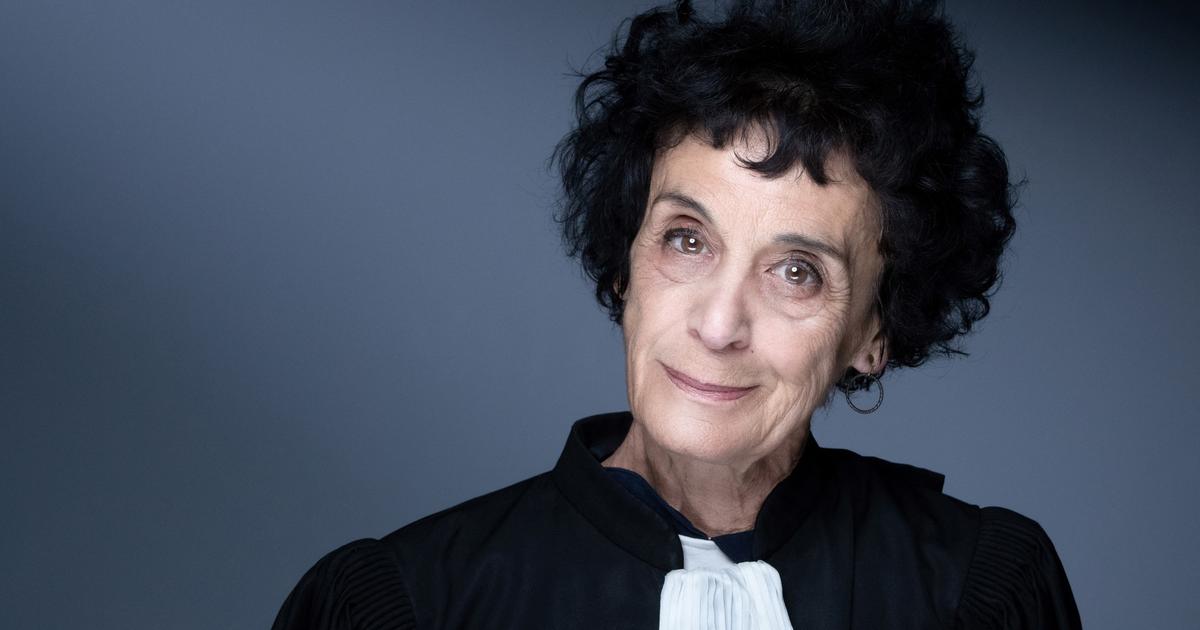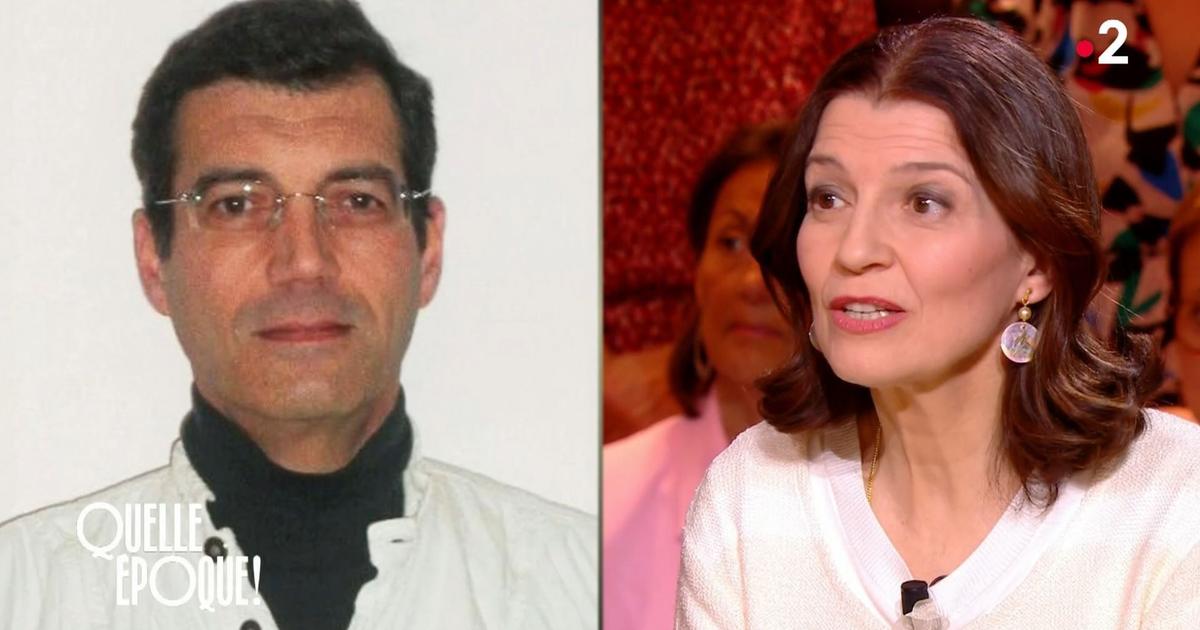Jean-Charles Deniau is an investigative journalist and documentary filmmaker. He made a documentary on Canal + available in streaming, resulting from several long interviews for 20 years with Charles Sobhraj, the one nicknamed the Serpent.
This French serial killer spent twenty years in prison in Nepal for the murder of two tourists. He is also suspected of having committed around twenty other murders in Asia. He was released for health reasons in December before returning free to France.
LE FIGARO.- How did you gain the confidence of this character?
Jean-Charles DENIAU.-
It's quite simple, I met Charles Sobhraj in 2004 while I was making a film about the hippies of May 1968 in search of spirituality in India.
I first got in touch with his wife who told me that her husband was in prison in Nepal.
I then met his lawyer, whom I accompanied to court, pretending to be his assistant.
Then I visited Charles Sobhraj in his prison visiting room.
At first he gave me the impression of being very sure of himself, it was quite surprising.
I then filmed him in secret during a hearing in 2005 at the end of which he was sentenced to 20 years in prison, a sentence confirmed on appeal in 2010.
When Charles Sobhraj returned to France, he was invited on the set of France 2 to discuss his release, provoking many criticisms. Why give voice to a character accused of numerous murders?
First, I must clarify that Charles Sobhraj is neither my hero nor my friend, let alone his spokesperson.
Of course, he does not earn any money on this achievement.
In this documentary that I dedicate to him, I take a step back from this possible serial killer, I distance myself.
To grasp his share of lies and truth, I went to interview relatives, victims as well as police officers, judges and even lawyers.
Charles Sobhraj is a character who is out of the ordinary.
His story is truly extraordinary and deserves to be told.
Many journalists play the hypocrites because deep down they would have liked to have his testimony.
And there are so many films about criminals!
To read also “I had doubts …”: Léa Salamé hesitated before receiving “the Snake” in “What time!”
What is certain, however, is that the one nicknamed the Serpent plays on ambiguity constantly.
And that if he manages to prove tomorrow that he is completely innocent, he will no longer be of interest to anyone.
His contracts (for books and documentaries,
editor's note
) represent his business.
What obstacles did you encounter in making this documentary?
Many people refused to talk to me.
Some accepted but on condition of anonymity.
It's an old story for many victims.
The young students of Tarbes, for example, were very reluctant.
But above all, the victims are afraid that I will defend a criminal, that I too will be manipulated.
I also encountered a lot of technical obstacles as I had to sort through and edit hours of interviews, with recordings of very fluctuating quality depending on the context.
Sometimes I conducted interviews with him while he was in a room full of other inmates in his prison.
This work was tedious.
How did the one nicknamed "the Serpent" appear to you during your interviews?
What remains of such a character, ultimately, is his incredible ability to manipulate.
It fascinated me: this Machiavellianism, this intelligence of beings, its instinct.
He knows how to empathize with people, and especially with women.
Some are not left out and are attracted to this dangerous man.
This is called hybristophilia.
The women he fooled almost all came to him.
I can even tell you that several women he doesn't know have tried to contact him since he returned to France.
During his trial in the 1980s for the murder of an Israeli tourist, Alan Jacob, a woman even came from California to ask him to marry her.
And if he was irreproachable with me, with great kindness and great loyalty, Charles Sobhraj has something of a Sartre character.
To give you an example, he recounts a moment when he sees a man wearing a magnificent watch.
His first thought is to tell himself that if the man is no longer there, the watch is his.
After this special relationship that you have woven over long hours spent with him, have you broken through his shell? Have you forged an intimate conviction?
Yes.
It's complicated, but what I can say is that he is not white-blue.
But there are so many different versions he gives.
Sometimes he eludes outright or he deploys a smokescreen.
And that's the advantage of this long time for this documentary.
Like everyone else, he ends up contradicting himself when I ask him the same questions, for example in 2013 then in 2015. This is also a technique used by the police who question suspects several times in the same way with long time intervals.
It should be noted, moreover, that police investigations into him have often been very poorly conducted, with also a lot of corruption on the part of jailers, clerks and magistrates.
Charles Sobhraj is also the ace of corruption.
When he was in prison in Tihar, near New Delhi, it was really the Maharaja, he ran the prison.
Despite all that, I think he committed murders.
Probably not the dozens of which he is sometimes accused.
But what is certain is that there is a fantasy around him, and that he perfectly and consciously maintains his legend.








